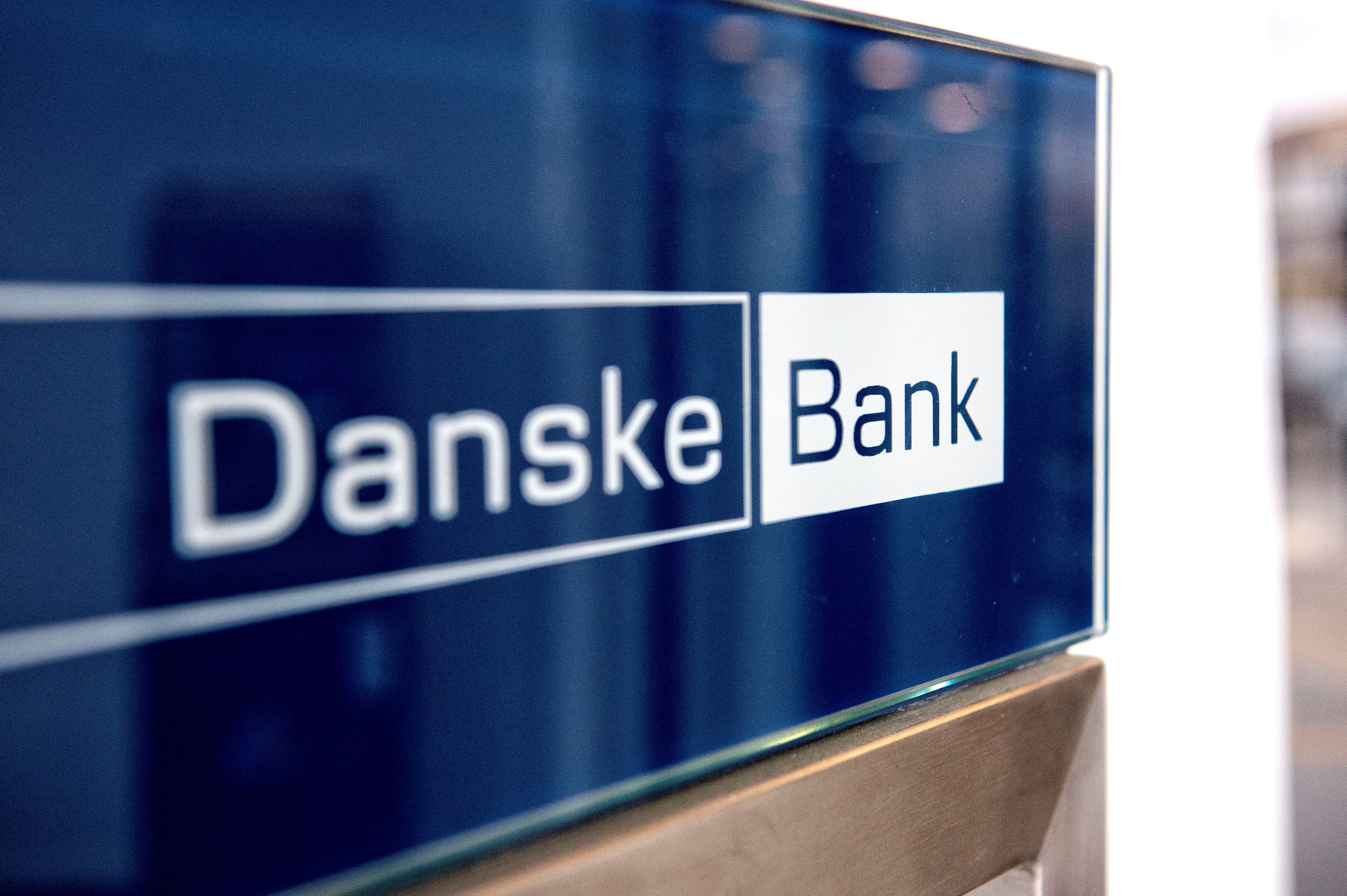If money is laundered in a forest and no one is around to see it, is it still a crime? Yes, of course, it is. But more than that, you can't launder money in a forest, or anywhere else, without banks or other financial institutions willing to do the dirty work. And according to a new EU report seen by the Financial Times, a number of those banks are located within the European Union.
Recent big time scandals in Europe include, for example: the Latvian bank that bankrolled the North Korean nuclear program; the $8.3 billion in allegedly suspicious money from the former Soviet Union that flowed through the tiny Estonian branch of Danske Bank in a single year; and the $10 billion in Russian cash that Deutsche Bank laundered via “mirror trades" (which won the firm a fine of $640 million).And of course it will surprise precisely no one to hear that over the past 10 years the London property market has soared to dizzying highs on cash infusions from corrupt leaders and business people with ties to the Middle East, Africa, and Russia. Earlier this year, British lawmakers launched an investigation into the matter, though chiefly in the context of growing tensions with Russia after the poisoning of a former KGB officer in the UK.
In fairness, Europe has particular challenges when it comes to stamping out dirty money. As the EU report seen by the FT points out, oversight bodies are understaffed, and regulation is decentralized. In a common economic bloc of 28 countries where regulatory supervision and enforcement varies, the EU's ability to tackle illicit money flows is only as good as the convictions of its weakest members. The Baltics and the Balkans stand out as particularly porous entry points for dirty money, but a report last year found that in two-thirds of EU countries firms are too lax in flagging suspicious cash. There have been calls for a centralized authority to not only assess how banks run, but also what they run. A single clearing house for oversight, information-sharing, and enforcement would obviously be a good step.
Until then, here's something to bear in mind: When we write about corruption, we often look chiefly at the countries where kickbacks and graft are a way of life. We cite the well-known Transparency International rankings that tell us that corruption is rife across much of Africa, the former Soviet Union, Latin America, and Asia – and that Russia and Mexico are the two most corrupt of the world's large economies. We rightly criticize leaders who enable, encourage, and thrive in these systems. And we write about how graft shapes voters and elections around the world.
But the point is that corruption thrives in “dirty" countries in no small measure because of financial institutions and banks in “clean" countries that are willing to play ball. It's good to shed light on corrupt actors, but the enablers of corruption are often closer to home than you might think.
